Welcome, green thumbs! As the leaves change and temperatures drop, so do the needs of our beloved plants. Ever wondered how to transition your plants into the fall season seamlessly? Let's dive in!
Introduction to Fall Plant Care

Just as we swap out breezy summer clothes for cozy autumn wear, plants too undergo changes during the fall. Understanding these changes is key to providing optimal care.
Why Fall Care is Different
Fall carries a unique charm – the crisp air, the pumpkin lattes, and the golden hues. For plants, this change in season means a shift in growth cycles. While some prepare to bloom in spring, others focus on root development. Kind of like how bears prep for hibernation!
Challenges Faced During the Fall
Remember that feeling of dry skin in fall? Plants face moisture challenges too. Additionally, there's lesser sunlight, erratic temperatures, and the impending cold to contend with. It's like trying to juggle while riding a unicycle – tricky but manageable with the right care!
Transitioning Houseplants for Fall
Houseplants, although shielded from direct fall elements, still sense the change. Adjusting their environment can make the transition smoother.
Adjusting Light and Position
As days become shorter, plants crave sunlight. It might be a good idea to move them closer to windows or south-facing spots. It's like giving them a bit more of that dwindling sun tan time. But, be wary of cold drafts!
Watering Techniques for Shorter Days
With decreased sunlight, plants use less water. So, ease up on the watering can. Imagine it's like quenching thirst with a smaller cup of cocoa rather than a giant mug.
Outdoor Plant Care in Fall
The great outdoors poses its own set of fall challenges. Prepping now can lead to flourishing results later.
Preparing for Frost
Frost can be the silent assassin of the plant world. Monitoring weather predictions and using protective covers can be life-savers. Think of it as tucking your plants in with a blanket during chilly nights.
Fall Pruning Basics
Pruning in fall can be beneficial, but it's essential to know which plants appreciate a trim and which don't.
What to Prune
Most perennials, shrubs, and trees that have finished blooming can be pruned. It's like giving them a neat haircut before they hibernate for winter.
What Not to Prune
Avoid pruning spring bloomers or plants that are sensitive to winter chill. It's akin to not snipping away at a sweater someone's knitting for winter – you wouldn't want to hinder their protection!
Feeding and Fertilizing
As plants prep for winter, they need the right nutrients to support them.
When to Fertilize
Early fall is a golden time, especially for those plants focusing on root growth. Imagine it as serving a hearty meal before a long journey.
Choosing the Right Fertilizer
Opt for a balanced, slow-release fertilizer. It's the equivalent of offering a slow-cooked stew – rich, nourishing, and long-lasting.
Conclusion
Caring for plants in the fall is an intricate dance of understanding, adjustment, and love. By tuning into their needs, we pave the way for a vibrant spring. So, as you sip on your pumpkin latte, remember, your plants are counting on you!
FAQs
-
Q: How often should I water my plants in the fall?
A: It varies by plant, but generally, reduce frequency due to decreased sunlight and evaporation. -
Q: Can I repot plants in the fall?
A: It's best to repot in spring or summer, but if necessary, ensure minimal stress by keeping them in a stable environment after repotting. -
Q: Are there any fall-specific plant diseases to watch out for?
A: Fall's dampness can lead to fungal diseases. Monitor plants regularly and ensure good air circulation. -
Q: Can I start a vegetable garden in the fall?
A: Absolutely! Some veggies thrive in cooler temps, like kale, spinach, and carrots. -
Q: Do indoor plants need less light in the fall?
A: They still need ample light, but as days shorten, they might need adjustment closer to light sources or supplemental lighting.

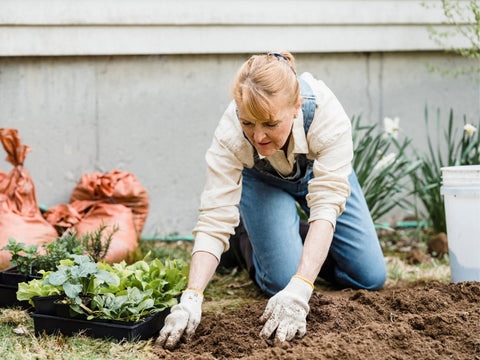

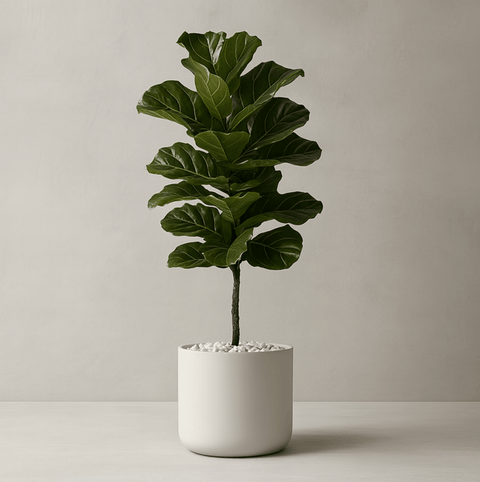
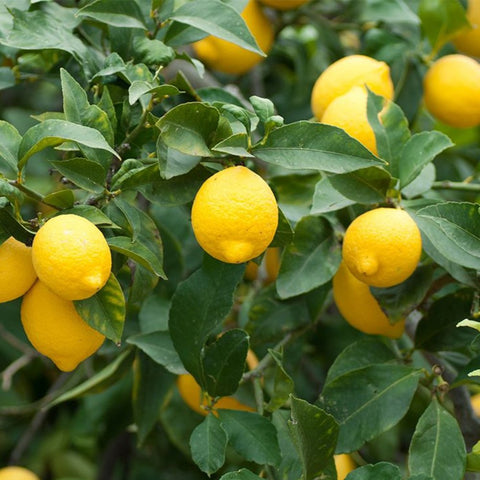
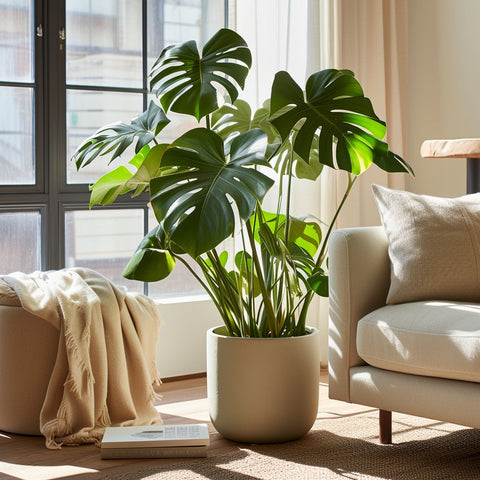
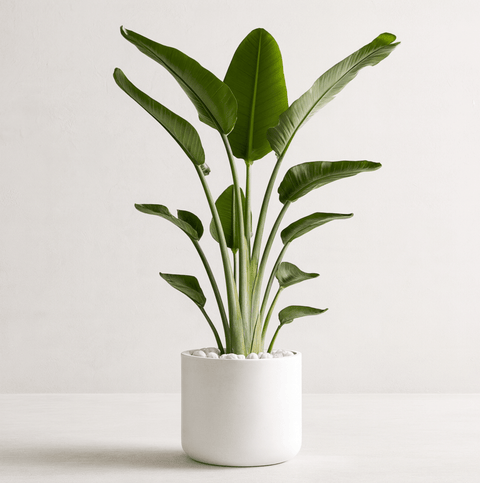

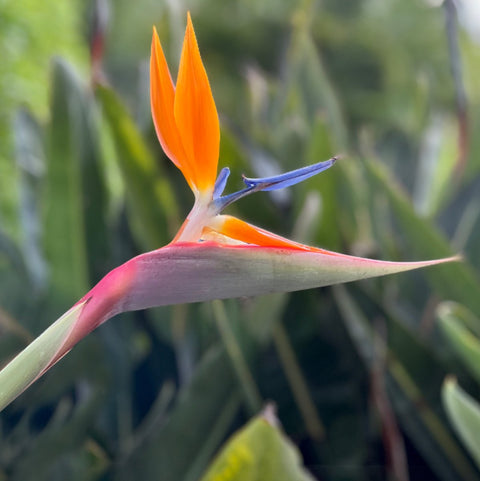

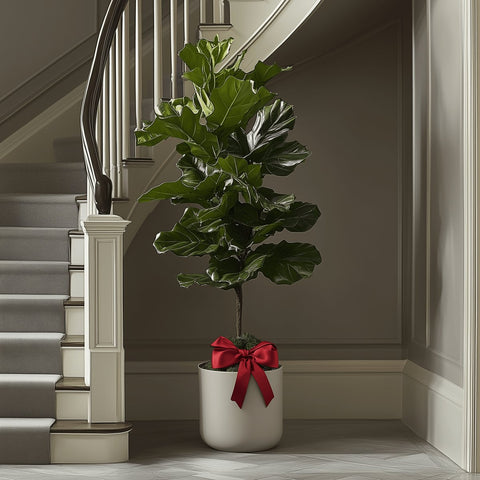


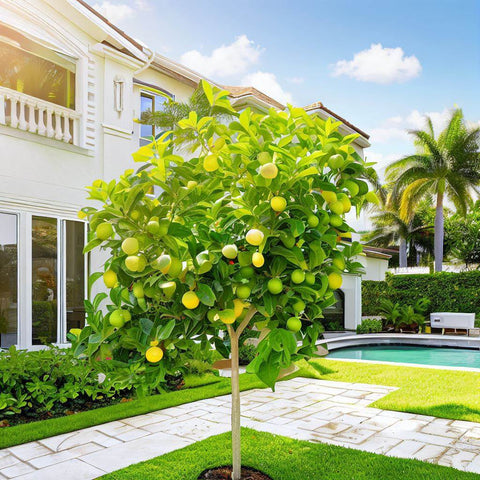



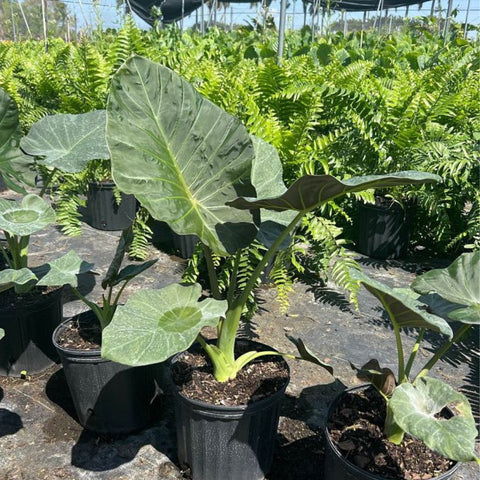
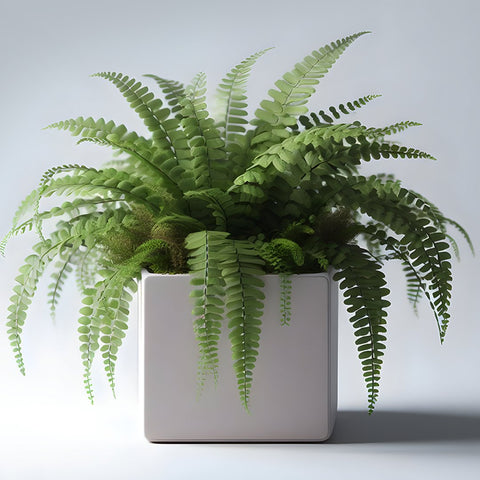



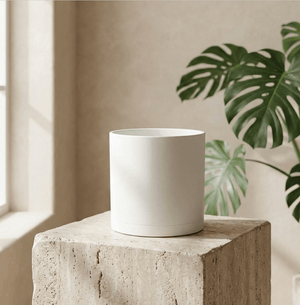
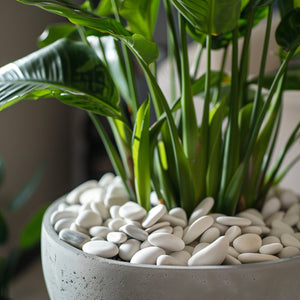

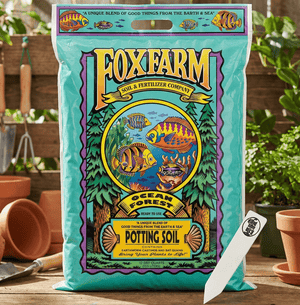


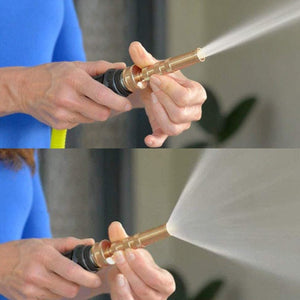

Comments (0)
There are no comments for this article. Be the first one to leave a message!